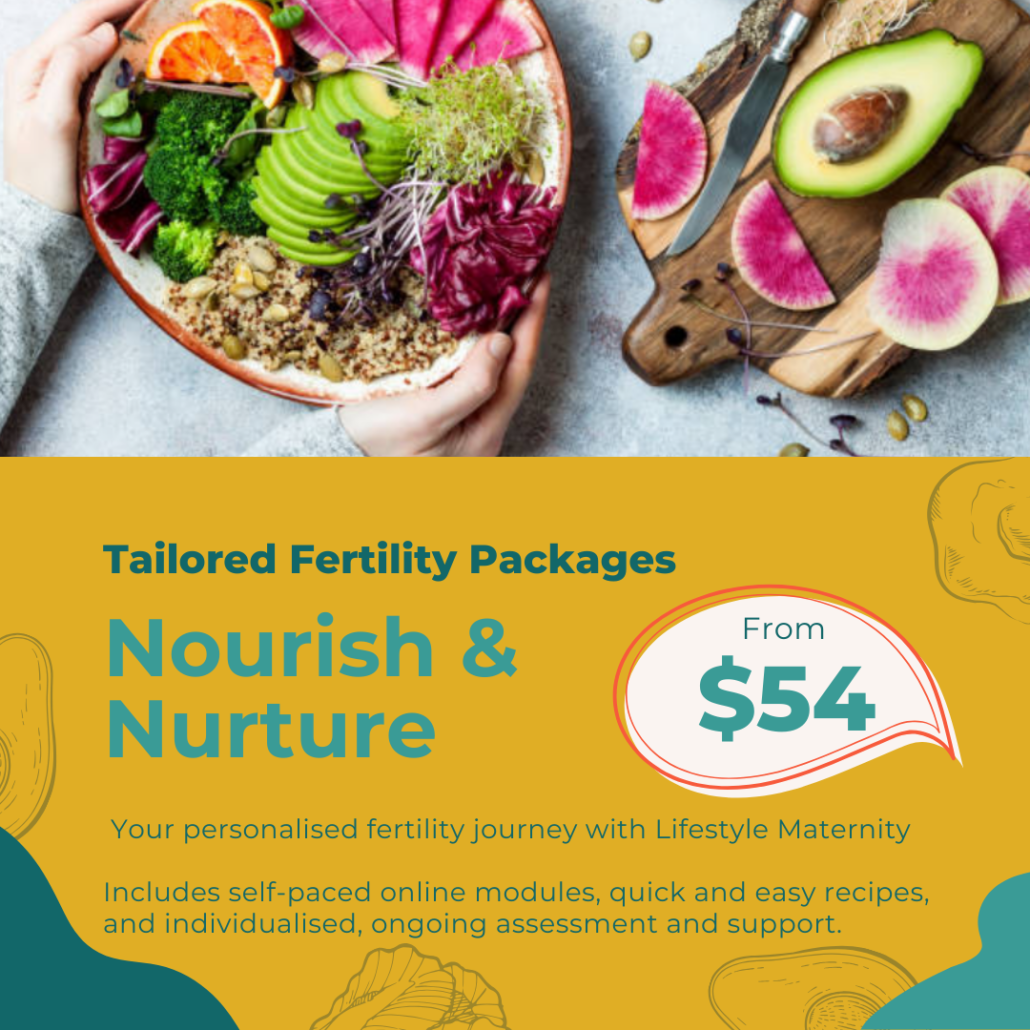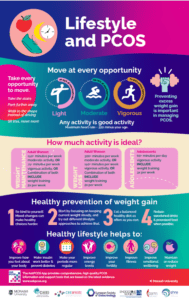GLP-1 medications can be a valuable tool for weight loss, but it’s essential to be aware of potential nutritional issues, especially when considering pregnancy.
The risk of nutrient deficiencies when taking a GLP-1 medication is high. A GLP-1 medication often leads to reduced or no appetite. These changes in food intake can increase the risk of nutrient deficiencies, including vitamins, minerals, and essential fatty acids. It’s crucial to maintain a balanced diet rich in whole foods to minimise this risk.
That’s where an Accredited Practising Dietitian (APD) can help. Working with a dietitian can provide tailored guidance and support to optimise weight loss and overall health while you are on your fertility journey.
Personalised nutrition plan
- Working with a dietitian can help you determine your appropriate energy (kilojoule/calorie) intake to support weight loss goals while preventing nutrient deficiencies.
- Ensuring you choose nutrient-dense foods that are rich in vitamins, minerals, and fibre ensures that you optimise the choices you make while your appetite and intake is greatly reduced.
- Assistance with meal planning tips and strategies helps you create balanced and satisfying meals that align with your dietary needs and preferences. This is especially important if you are losing weight to improve your fertility.
- Work with your APD for tips to stay hydrated. Using Ozempic, Wegovy, Saxenda or Mounjaro can sometimes lead to dehydration.
Managing side effects
- APDs can suggest strategies to manage nausea and vomiting. These are common early side effects of these injectable medications.
- People using GLP-1 agonists report both diarrhoea and constipation at different times. Dietitians can help with practical strategies to manage both of these side effects.
Addressing Potential Nutrient Deficiencies
- Knowing how balanced your intake is at this time is important. An APD can help you monitor your nutrient intake and identify any potential deficiencies.
- If necessary, they can recommend appropriate supplements to address any nutrient deficiencies and/or elevated requirements. This is especially important if you are planning a pregnancy.
Supporting Overall Well-being
- APDs can address the psychological aspects of weight loss, including body image and self-esteem, and provide strategies for coping with emotional eating. Our Dietitians are very experienced in working with women to improve their relationship with food.
- They can also encourage you to seek support from friends, family, or support groups to maintain motivation and accountability.
Long-Term Weight Management
- APDs can help you develop sustainable healthy eating habits that can be maintained even after you stop taking these medications.
- Learn new strategies around mindful eating, portion control, and stress management to support long-term weight management.
Remember, an APD can work closely with your healthcare provider to ensure your nutritional plan complements your overall treatment plan for optimal results.
You can make an appointment with a Lifestyle Maternity dietitian without a referral from a GP or specialist.
If you have private health insurance, some of your appointment costs may be covered depending on your level of cover – we recommend you check with your insurer. To check what you will be required to pay, provide your insurer with the consultation cost and the HICAPS item number below to find out how much you will be required to pay. (HICAPS item number: Initial individual consultation: 301 & Long review or review appointments: 302).
Your GP can assess your eligibility for a Chronic Disease Management Plan (CDMP). These Medicare plans allow for a rebate (e.g., reduced out-of-pocket costs) for visits to an Accredited Practising Dietitian (APD). The CDMP allows a client to access up to 5 subsidised dietetic sessions in a calendar year.
Click here to book now.
Image credit: Photo by Katja Vogt on Unsplash
Image description: three half figs and one full fig on a pink plate placed on an unironed pink sheet.






 Find us on
Find us on